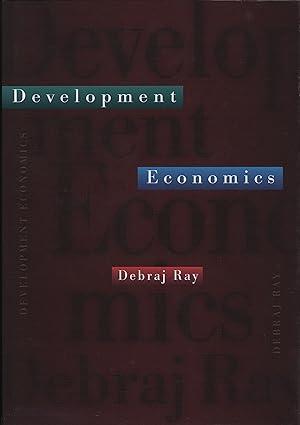Suppose that two individuals A and B meet and undertake a joint project in which the returns
Question:
Suppose that two individuals A and B meet and undertake a joint project in which the returns are 1,000 with probability 0.5, and 2,000 otherwise. They are negotiating an agreement regarding the division of the returns. That is they decide on a division rule before the project comes to fruition and they know what the outcome is. An example is: if the outcome is 1,000, then A pays 20 to B, and B gets 1,200. If it is 2,000, then they split it 1,000–1,000. Prove that if A is risk-averse and B is risk-neutral, then any efficient division rule will give the same amount to A irrespective of project outcome and B will bear all the risk. (The division rule is efficient in the sense that no other rule exists in which both parties enjoy higher ex ante expected utility.)
Step by Step Answer:






